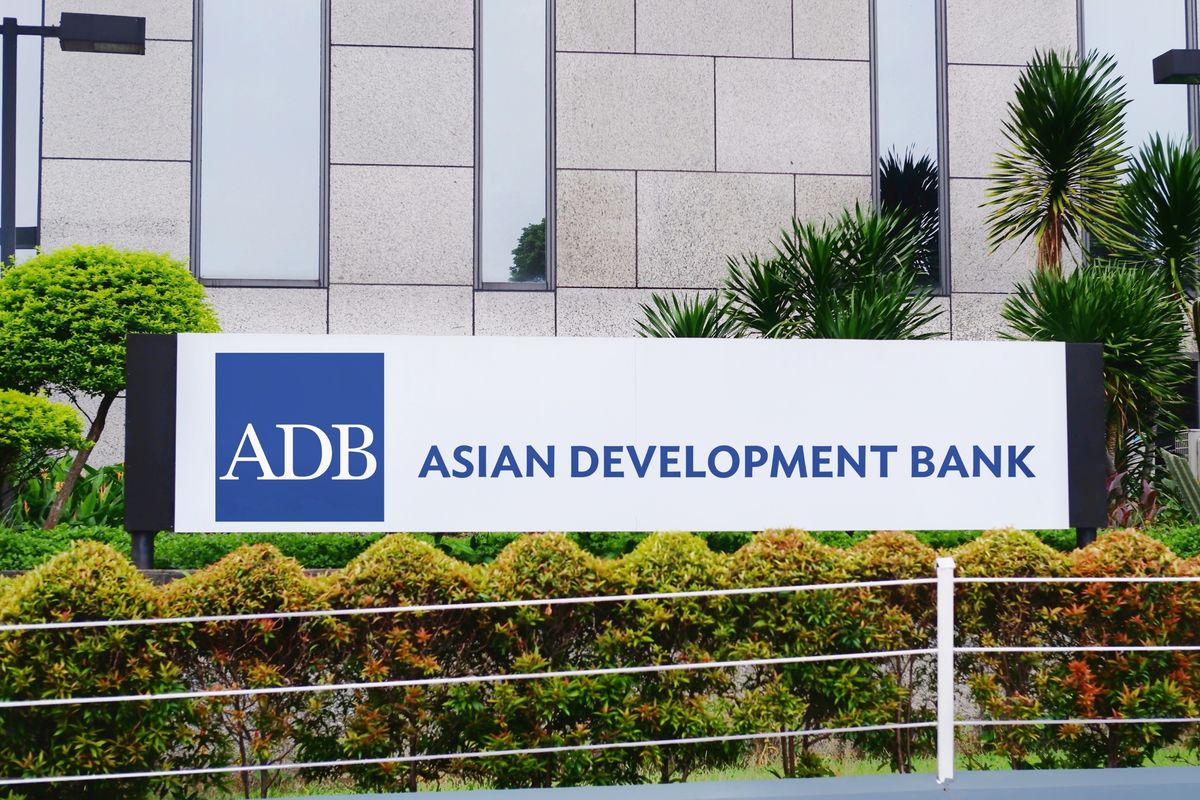ADB, IFFEd join forces to unlock $500 million for educational financing in Asia and Pacific
ADB's Developing Member Countries, which include Bangladesh, India and Pakistan are eligible for the financing
Business Desk
The Business Desk tracks economic trends, market movements, and business developments, offering analysis of both local and global financial news.

The Asian Development Bank (ADB) signboard
Ahutterstock
The International Finance Facility for Education (IFFEd) and the Asian Development Bank (ADB) have entered into an agreement that will provide at least $500 million in new concessional education funding to lower-middle-income countries (LMICs) in Asia and the Pacific.
ADB's Developing Member Countries (DMCs), which include Bangladesh, India, Mongolia, Papua New Guinea, Pakistan, the Philippines, Sri Lanka, Timor-Leste, Uzbekistan, and Vietnam are eligible for ADB-IFFEd financing.
IFFEd, a Swiss foundation that was established in 2023 by four multilateral development banks and several bilateral donors, aims to invest in education and skills in LMICs and is sovereign-backed, will guarantee $125m of ADB's sovereign loan exposure across all sectors, known as a synthetic portfolio, under the financing partnership. Additionally, IFFEd will provide an initial $50m in grants.
The unique arrangement allows for a four times leverage ratio of the guarantee by combining IFFEd's guarantees to ADB with grants that will make up 10% of each loan. This increases the amount of capital ADB can lend while reducing borrowing costs for the bank's developing member countries (DMCs).
“Education is the cornerstone of modern, prosperous, and inclusive societies, and we are pleased to announce this partnership with IFFEd,” stated Fatima Yasmin, the ADB’s Vice-President for Sectors and Themes.
LMICs are confronted with an education crisis. Even if they attend school, over 50% of students in these nations are unable to read simple text by the age of 10, and graduates lack the necessary skills to secure employment, making it difficult for companies to fill openings.
Countries that transition from lower-to-lower-middle income tend to find themselves stuck in a financial "missing middle", where they are unable to obtain non-concessional financing but are no longer eligible for grants. This creates a challenge when deciding where to invest, which is made worse by a lack of domestic funding.
Bringing concessional or grant resources to developing nations looking to fortify their educational systems, the main innovation of the ADB-IFFEd partnership is that it will assist ADB's DMCs in getting ready for a future marked by rapid urbanization, demographic shifts, digital transformation, and climate change at a time of rapid change.
“Investing in education and skills in LMICs — home to nearly half of the world’s children and youth — is key to powering long-term economic growth and making progress on global health, climate, and equity goals,” said IFFEd Founding Chief Executive Officer Karthik Krishnan.
“IFFEd has been recognized by the G20 MDB Capital Adequacy Framework Review as one of the most significant development finance innovations in the past decade and delivers seven times more impact than traditional grants. ADB played a key role in shaping the IFFEd instrument. As our first founding MDB partner, ADB is showcasing its unwavering commitment to alleviating poverty and powering economic growth in Asia and the Pacific,” added Mr. Krishnan.
IFFEd-funded education projects can support ADB programmes at every level of the education system — from early childhood development and school education to technical and vocational training, skill development, and higher education.










Comments
See what people are discussing